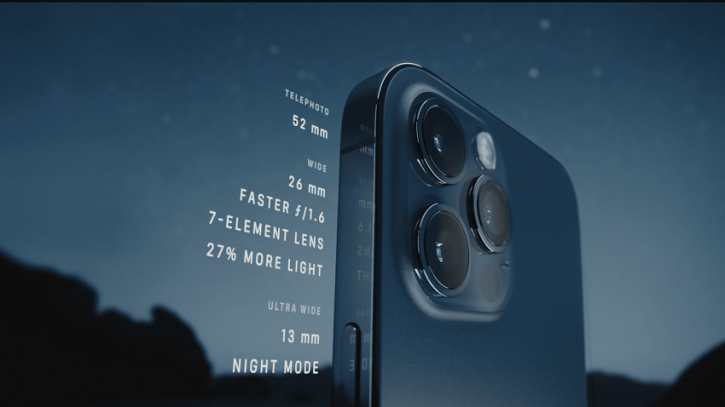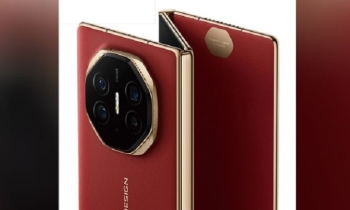5 ways smartphone cameras changed in 2020
BI Report || BusinessInsider

Picture of iPhone Pro 12 Max: Collected
The smartphone camera has completely changed the narrative of traditional photography. Now, it is possible for anyone to take quality photos and capture broadcast-quality videos with their phones.
At some point, smartphone brands began providing record video in 8K resolution, ensuring stability, ultra-zoom, object tracking features, and much more.
But let’s have a look at how the smartphone camera changed in the year 2020.
108MP cameras
a year ago, it was unbelievable and nobody could have imagined that smartphone cameras could have 108 megapixels. But the world has witnessed the revolution of the camera using 108MP, pioneered by Samsung and Xiaomi.
LiDAR scanner in the smartphone
US tech giant Apple has recently introduced a new technology — LiDAR scanner. It provides a measurement of light distance and uses pixel depth information of a scene. Besides that, it gives faster and more realistic AR experiences than before.
100X zoom in smartphones
It was a breakthrough when Samsung launched the Galaxy S20 Ultra with a 100X zoom feature. Although after 30X zoom, the quality of pictures reduces drastically, the technology was still well-received by users.
Gimbal features inside
While camera accessories companies introduce new camera technology and other supportive gadgets for better video quality, smartphone companies took everything a step further. Chinese smartphone manufacturers Oppo and Vivo introduced a gimbal-like technology inside the phones for better stability and shooting smooth videos.
Vivo X50 is the first smartphone to launch with a Gimbal-like camera in India.
Broadcast and professional quality video in smartphones
Nowadays, just cameras on a smartphone are not enough. That is why mobile companies are consistently working to add other features to complement cameras. The iPhone 12 Pro, for example, brings HDR video feature with Dolby Vision, which offers up to 60FPS smooth recording and some of the best video stabilisation seen so far.
Similarly, South Korean tech giant Samsung is offering 8k video recording features in some of its flagship smartphones.
























